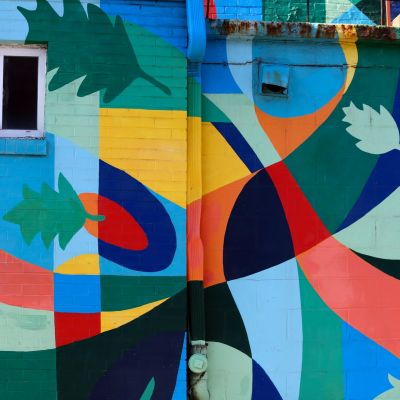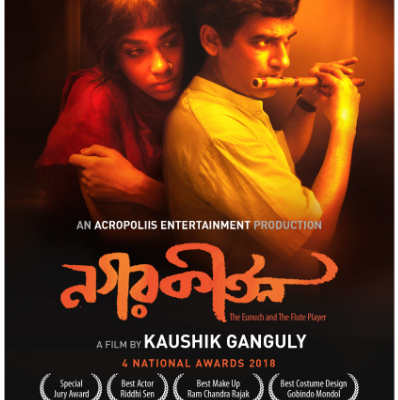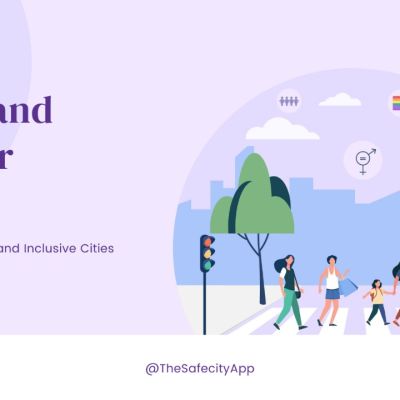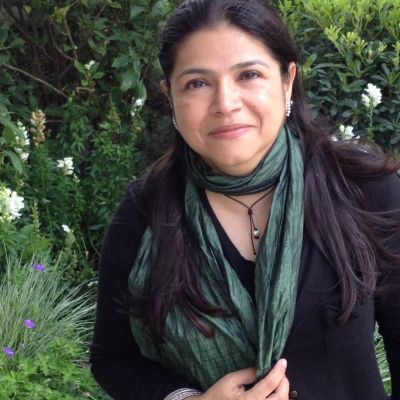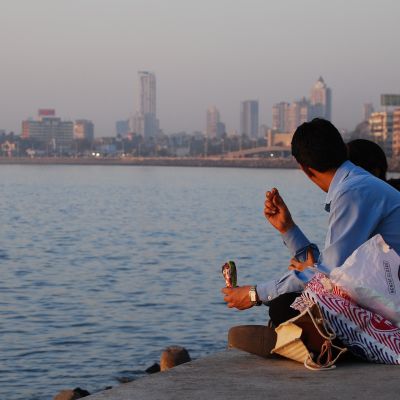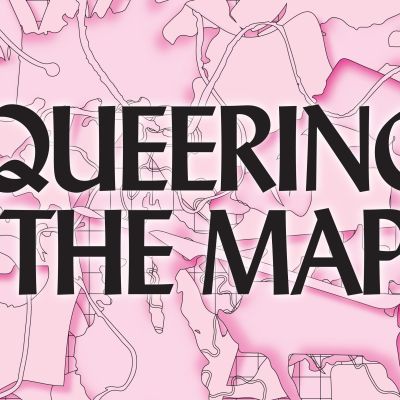Spaces and Sexuality
A space can make us feel constricted or liberated, and sometimes even both at the same and at varying times. The combination of spaces that we may be occupying in the moment, as well as those we have in the past, predisposes us to act, feel and experience our sexuality in different ways.
We live in a world where resilience is celebrated and given priority over attempting to resolve factors that force one to be resilient. Campuses shouldn’t aim to merely be inclusive of diverse individuals – they must strive to not only affirm them but also celebrate them.
The plot of the movie narrates the tale of the love that grows between two people who are struggling to survive in a world of rootlessness and are continuing to make a cosy home for themselves. The love between Madhu, who works as a food delivery boy, and Puti, who survives by singing at traffic signals, blossoms while they cross paths everyday at the traffic signal and the look that they exchange appears to us as if each of them is trying to find a home in the other.
समय के साथ-साथ अब मैं जान चुकी हूँ कि उनके इस उलाहने में ‘घर’ का मतलब सिर्फ वो जगह नहीं है जहां मेरे माता-पिता रहते हैं, बल्कि इसका मतलब उन सभी व्यवहारों और मान्यताओं से है जिनकी अक्सर माता-पिता अपने बच्चों से उम्मीद करते हैं।
महिला और पुरुष की भूमिकाएँ अलग-अलग जगह, परिस्थितियों, लोगों और उनकी आर्थिक स्थिति के आधार पर बदलती रहती हैं। समय के साथ हो रहे इन बदलावों को देखते हैं लेकिन इन बदलावों से निपटना उन लोगो के लिए आसान नहीं जो इनसे गुज़रते हैं।
This post was originally posted here. By A. Salman May 27, 2021 — “I really lack the imagining of a…
This post was originally posted here. By Trishala Dutta October 28, 2021 — TW: Mention of violence and abuse Between…
This post was originally posted here. By Nivea Jain September 30, 2021 — While the social dimensions of gender inequality…
But what has been amazing to witness is how quickly young women in particular, took to the ideas of Why Loiter? and pushed them even further, creating new movements to expand women’s rights to the public, including the right to be out late at night, to stretch the curfew at women’s hostels, to demand extended access to women’s toilets, to public transport etc.
In theory, the concept of the app is a great one – it provides women, queer people, and people belonging to oppressed castes the tea-stall, cigarette-shop type of public spaces for conversation that are available to upper-caste cis het men. The relative anonymity acts like a safe cover, and the app affords a certain autonomy and agency to marginalised people to regulate the kind of conversation that goes on in rooms moderated by them.
I would say that growing up in a small village would make it difficult to find love or companionship, but I have since moved to a city and found that it was difficult to find love there, too. It did not stop me from trying, though.
While sex workers face repeated harassment by the police, many young couples face threats in a one-off incident if the police finds them with their partner/lover. They may face police surveillance of expressions of intimacy and affection in public.
I can recall my experiences in the washrooms of different gyms that I have been a member of. A men’s washroom is an interesting place in terms of how sexuality manifests itself in its various aspects. It was not unusual to see men of various kinds with strange energies in these washrooms.
This article explores how women are constructed as a ‘space’ manufactured by men to seek comfort, but void of having any active agency or participation in that space itself. I seek to bring this out in this article by drawing a parallel between the nineteenth century ‘Bharat Mata’ (Mother India) and the depiction of the twenty-first century ‘heroine’ in Bollywood movies.
How can we envision a queer approach that counters exclusionary practices? Queering the Map, launched in 2017 by Canadian designer…

